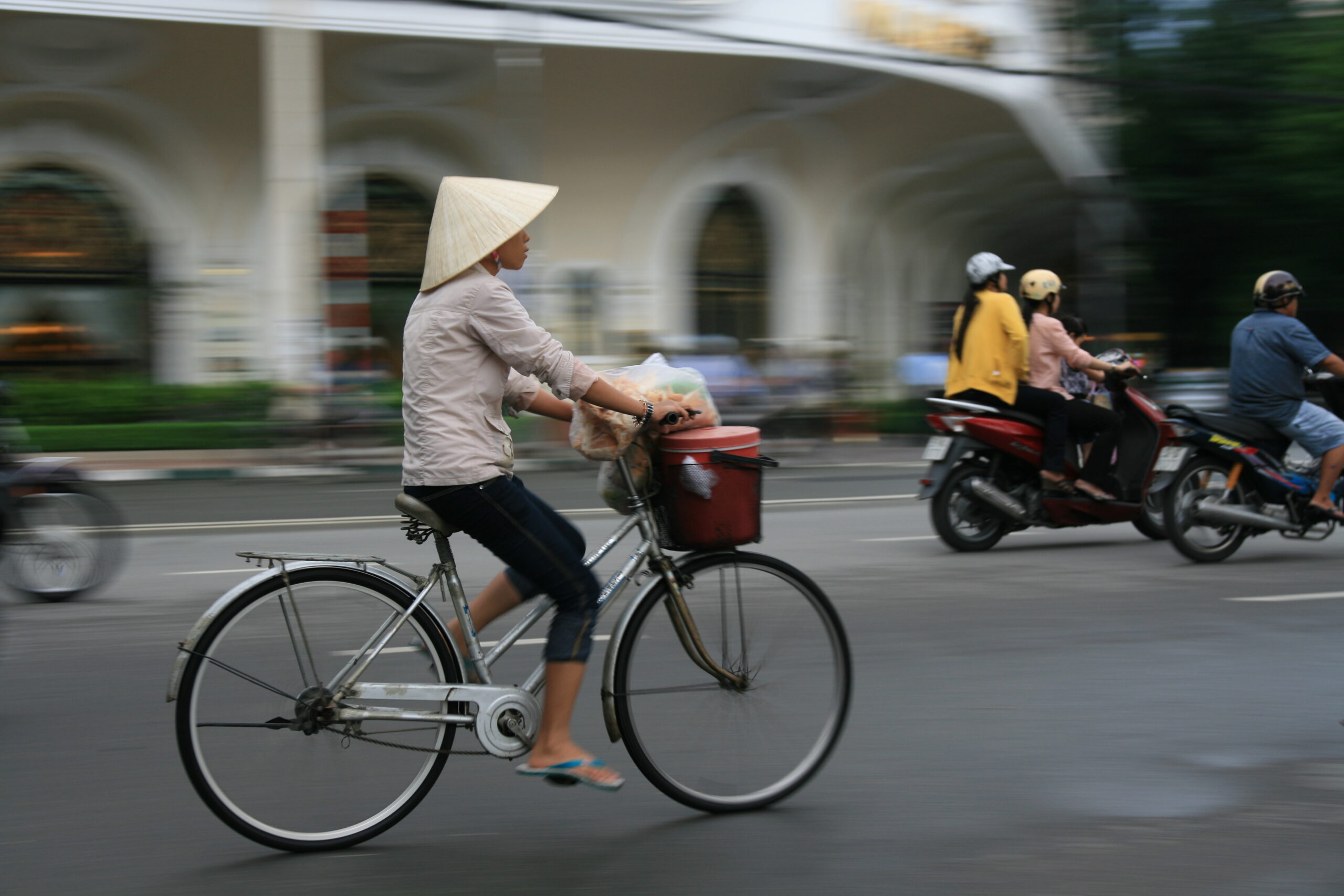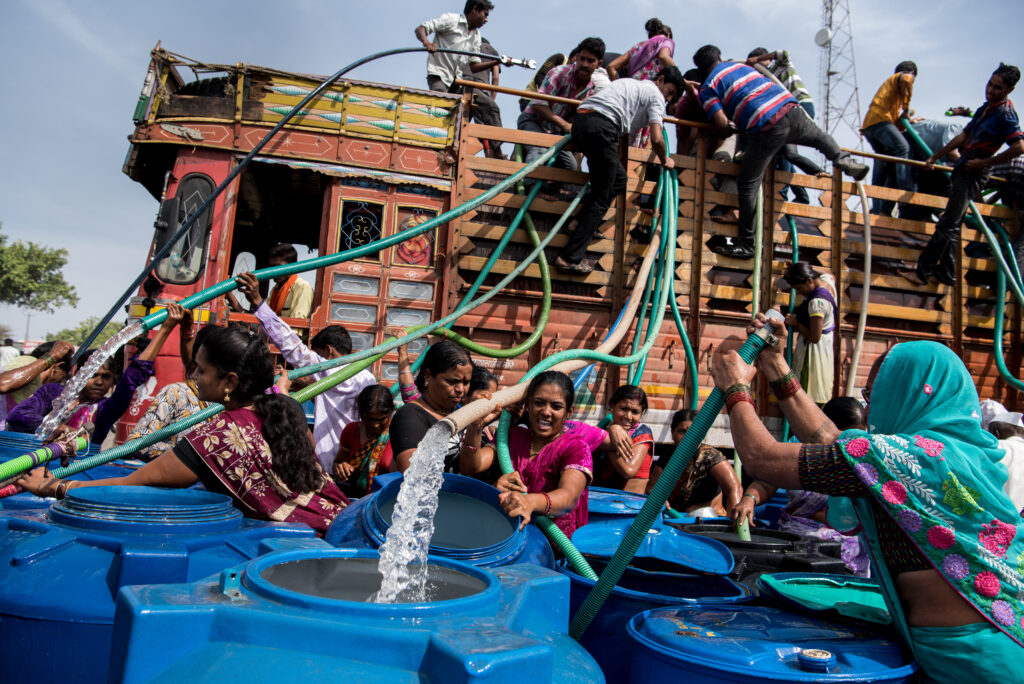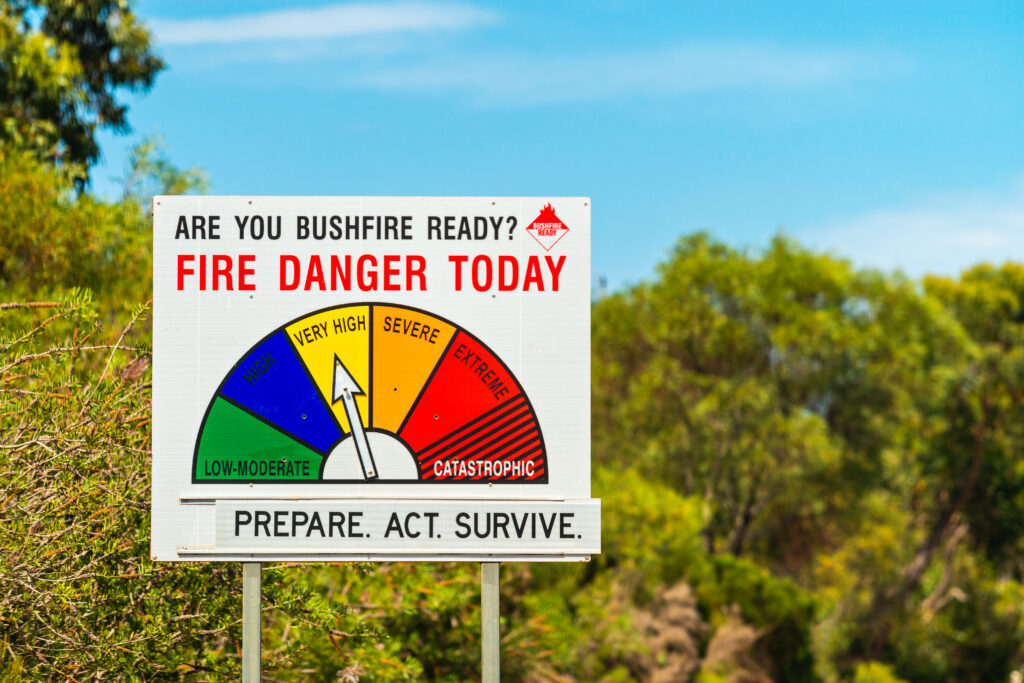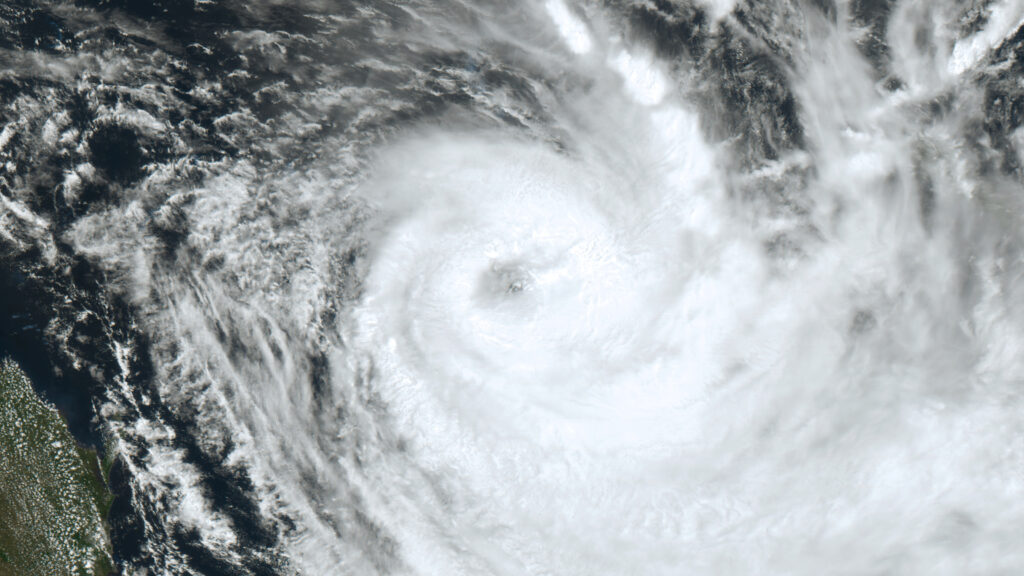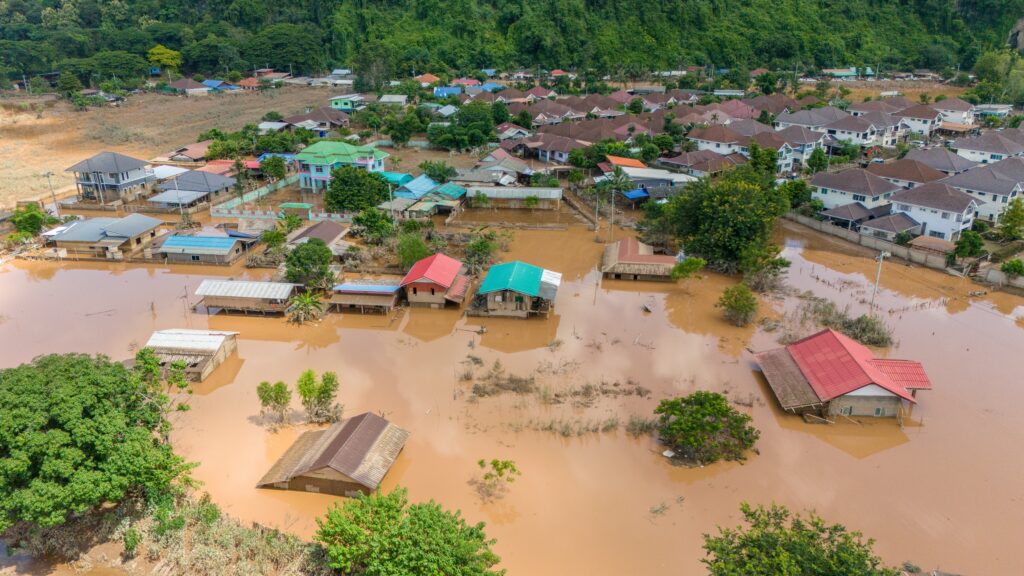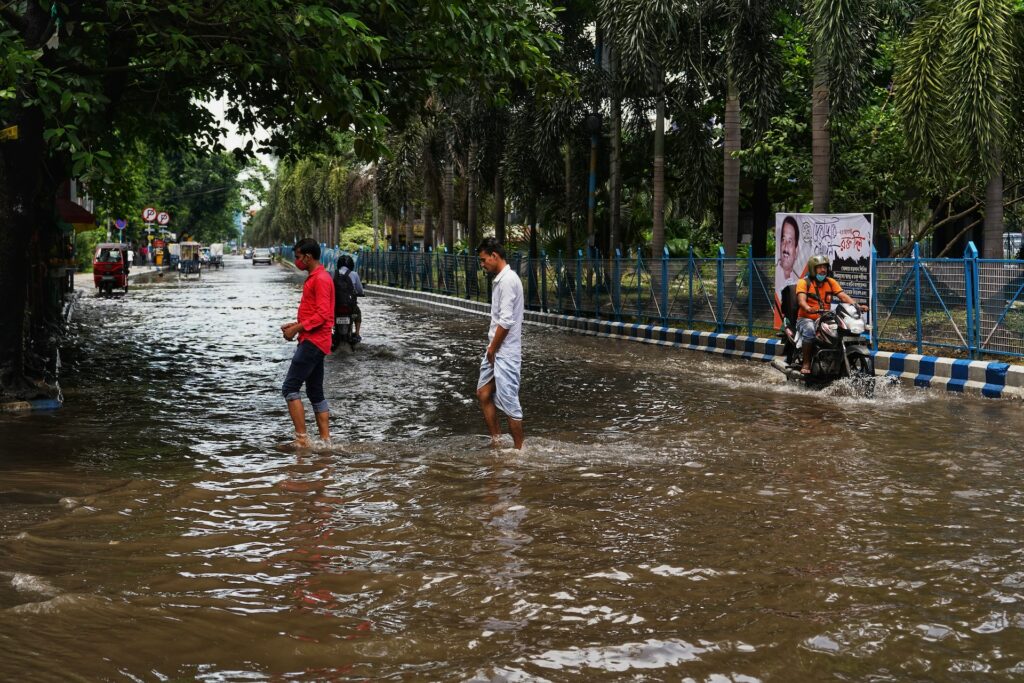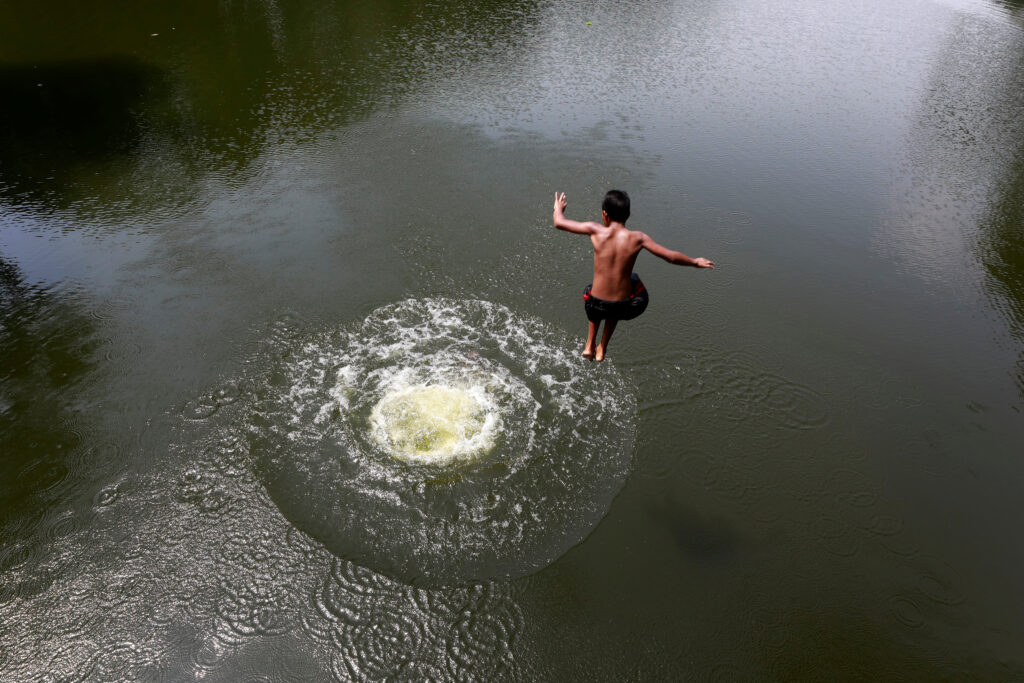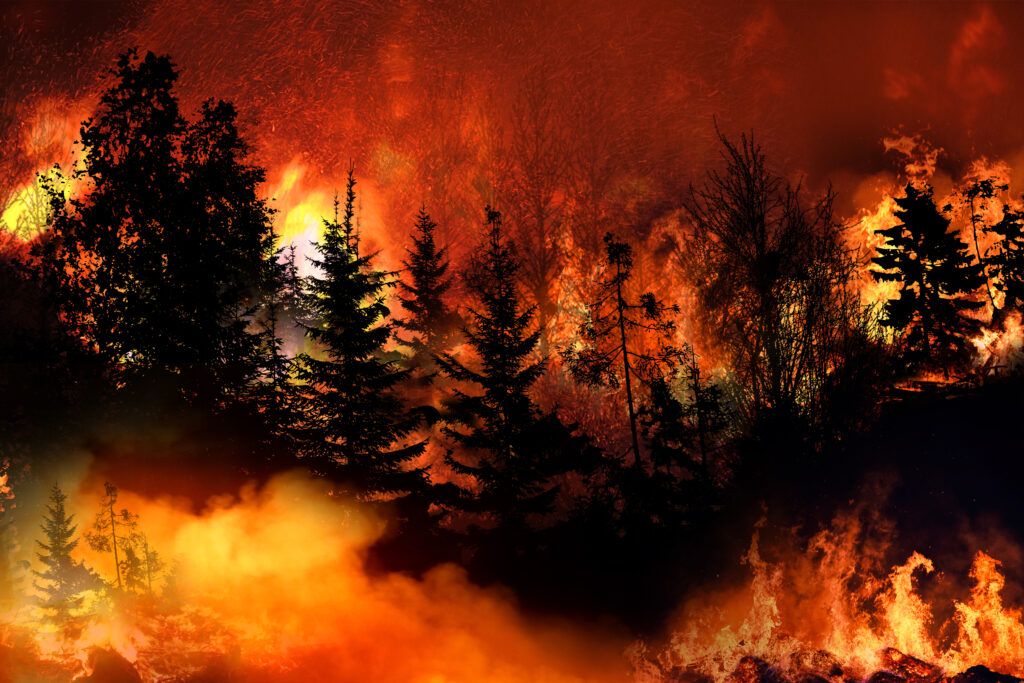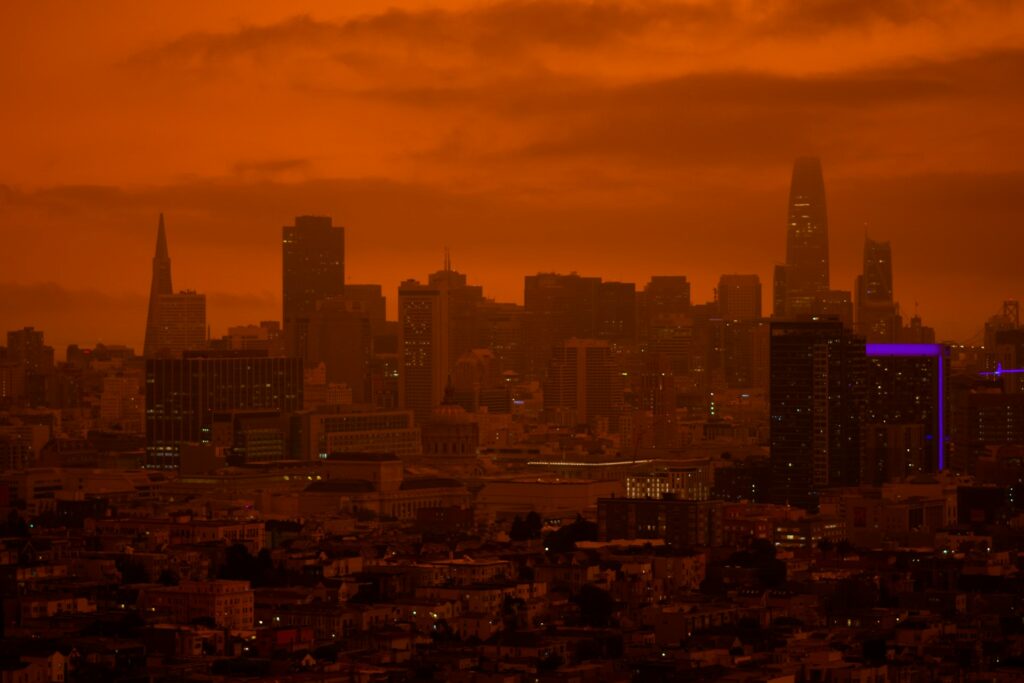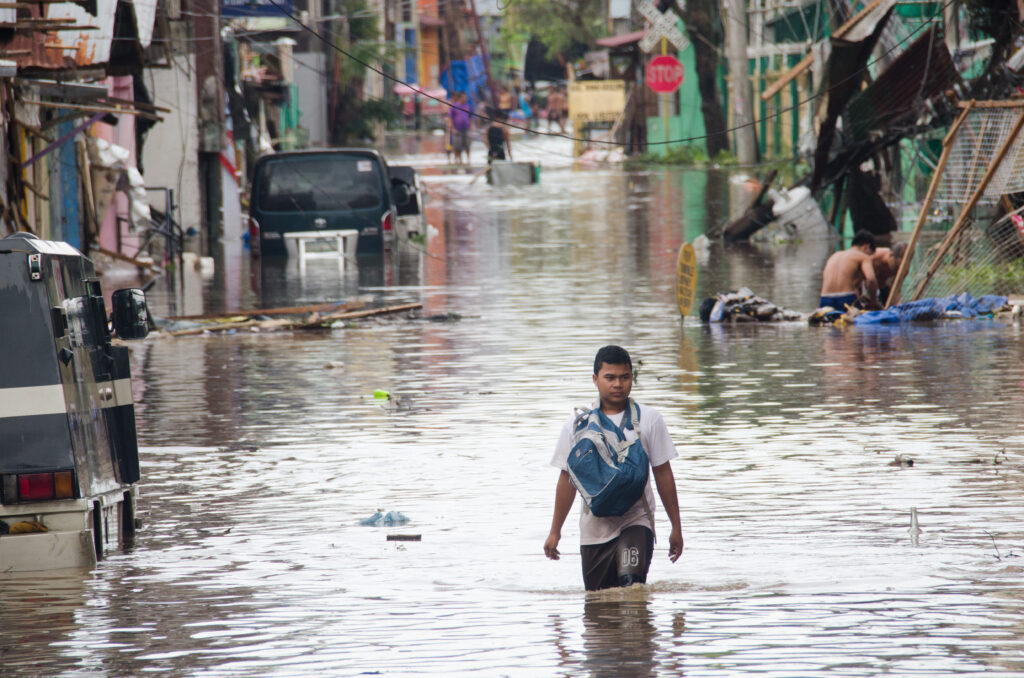Vietnam experienced one of its worst heatwaves in May 2023, forcing many people to stay indoors. The country recorded its highest temperature ever in early May at 44.1°C in the northern province of Thanh Hoa. The previous record of 43.4°C was set in 2019.
Most Southeast Asian countries endure a hot weather period before the rainy season. But, climate change is making these heat waves longer and hotter. This year’s heatwave across the region started as early as April.
Vietnam Heat Wave 2023 Grips Northern and Central Regions
Around 15 localities in the central region and northern Vietnam reported highest temperatures of 39-43°C in late April. In Thanh Hoa province, authorities asked residents to remain indoors during the hottest parts of the day. Farmers had to start their working days much earlier and finish before 10 am to avoid the intense heat.
The southern province of Vietnam also experienced the heatwave, including Ho Chi Minh City – Vietnam’s most populous city. According to local media, hospitals reported an increase in the number of child patients with heat-related symptoms.
As temperatures sizzled, construction workers battled through the heat and delivery workers moved around with portable fans. Exhausted flower sellers struggled to make a living on the empty streets.
“The heat and sun have frustrated me every day this month. Just 10 minutes of work makes me sweat bullets. It’s exhausting,” a 60-year-old construction worker told VnExpress.
2023 Asia Heat Wave Linked to Climate Change
Climate change made the humid heatwave across Southeast Asia at least 30 times more likely, according to a new study. The analysis by World Weather Attribution (WWA) found that temperatures were at least 2°C hotter than they would’ve been without climate change.
The WWA’s heat index takes both temperature and humidity into account, also known as the “wet-bulb” temperature. This combination can hamper the body’s ability to cool itself when the temperature level becomes too high. Due to the humidity accompanying South Asia’s heatwave, the estimated heat-index values exceeded the threshold considered as dangerous by the WWA.
At wet-bulb temperatures above 35°C, even young, healthy people could die in about six hours. Last month, at least 13 people reportedly died from heat stroke in Mumbai, and hundreds were critically ill.
“Although we have recognised heatwaves as one of the deadliest disasters, particularly in countries like India, Bangladesh and Thailand, there is a lack of knowledge with respect to who is vulnerable, loss and damage estimation, household coping mechanisms and the most effective heat action plans,” said Dr. Chandra Sekhar Bahinipati, assistant professor at the Indian Institute of Technology, Tirupati.
“This creates a dearth in assessing the extent of risk, who is vulnerable, and also operationalising any adaptation planning,” said Dr. Bahinipati, who was among the team of researchers collaborating on the WWA study.
Scorching Heat Stretches Grid
Ho Chi Minh City is now looking to conserve electricity as the hot, dry weather depletes the water reservoirs for hydropower. The city has already broken four daily power consumption records in less than one month due to the heatwave.
With power consumption on the rise, authorities asked factories, shopping malls and schools to turn off half of their elevators and hallway lights. The city also started switching off street lighting earlier than before to conserve power.
Despite the impact of climate change on Vietnam, the country continues to push ahead with massive fossil fuel projects.
Last month, United Nations Secretary-General António Guterres urged countries to end all licensing or funding of new fossil-fuel projects.
“Renewables can deliver — on access, affordability and energy security. And the science is clear: new fossil fuel projects are entirely incompatible with 1.5°C,” the UN chief said.
Heba Hashem
Journalist, Dubai
Heba is an Arabic and English-speaking freelance journalist based between the United Arab Emirates and Canada. She covers stories about business, renewable energy, climate change, finance, technology, real estate, food production, lifestyle and arts and culture.
Heba is an Arabic and English-speaking freelance journalist based between the United Arab Emirates and Canada. She covers stories about business, renewable energy, climate change, finance, technology, real estate, food production, lifestyle and arts and culture.

